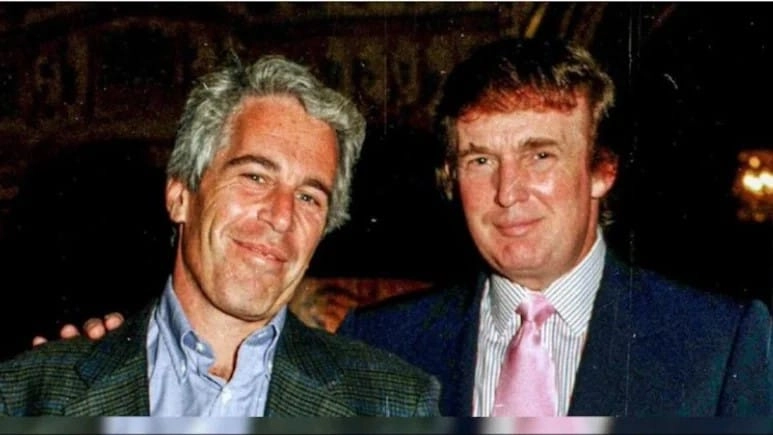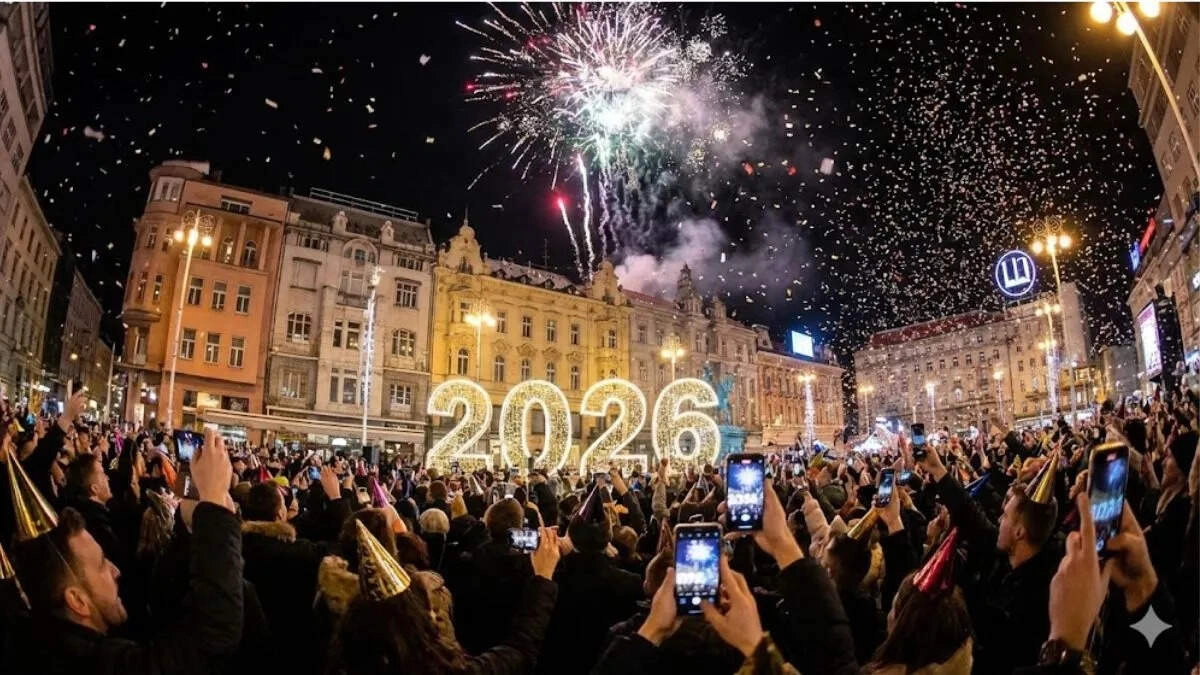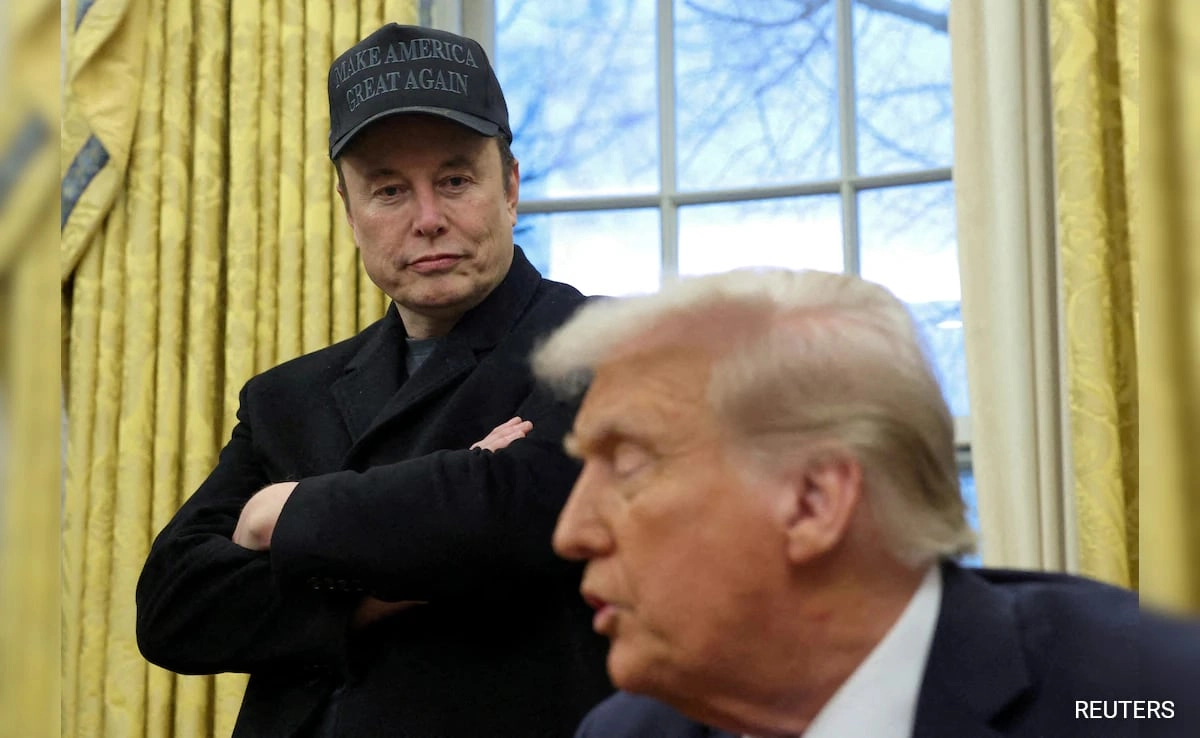Former President Donald Trump recently made headlines by discussing his past interactions with the late financier Jeffrey Epstein, who was embroiled in numerous scandals related to sex trafficking and exploitation. In a statement, Trump claimed that Epstein was banned from Mar-a-Lago, his luxurious resort in Palm Beach, Florida, after allegations surfaced that Epstein was “stealing” women from the spa located within the premises. This revelation adds another layer to the complex relationship between Trump and Epstein, who were previously known to have socialized together.
According to Trump, the ban was a direct response to Epstein’s inappropriate behavior, which he described as “stealing” women from the spa—a rather serious accusation that suggests Epstein was not just a frequent visitor but was engaging in predatory conduct. Trump’s remarks raise questions about his awareness of Epstein’s actions and whether he took appropriate steps to address them during their acquaintance. The former president’s comments serve as a reminder of the troubling dynamics that existed in elite social circles where Epstein operated, and they highlight the challenges of holding powerful individuals accountable for their actions.
Trump’s assertions also touch upon broader themes of accountability and complicity in the face of egregious behavior. While he distanced himself from Epstein, the relationship they once shared complicates his narrative. Critics argue that simply banning Epstein from Mar-a-Lago does not absolve Trump of his past associations or the need for a more comprehensive reckoning regarding Epstein’s extensive network of influential friends. As investigations into Epstein’s activities continue to unfold, the implications of such high-profile connections remain a point of contention in public discourse.
In light of these revelations, the conversation surrounding Epstein’s legacy and the actions of those who associated with him is more relevant than ever. The question of how society deals with individuals who have exploited their positions of power is crucial, particularly in the context of the ongoing discussions about sexual abuse and misconduct. As more details emerge, it becomes increasingly important to examine the responsibilities of those who knew about or were complicit in Epstein’s actions, including prominent figures like Trump. The complexities of these relationships underscore the need for transparency and accountability in addressing the systemic issues surrounding sexual exploitation and abuse.




